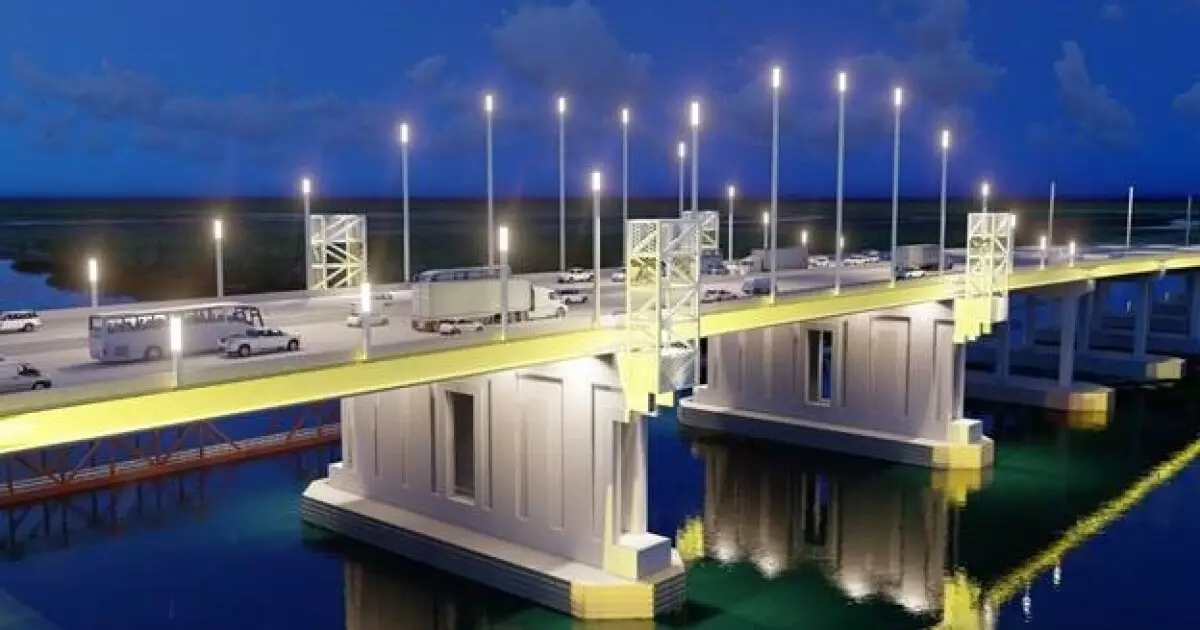The Louisiana Public Facilities Authority is set to price $1.33 billion in Baa3-rated toll bonds for a public-private partnership aimed at replacing the Calcasieu River Bridge. The project is being managed by JPMorgan and Wells Fargo, with Foley & Judell serving as the bond counsel. The bonds are scheduled to have maturities ranging from 2054 to 2066, with preliminary pricing set for next week.
One of the main concerns surrounding this project is the potential for drivers to use alternate routes to avoid paying the toll. This could impact the revenue projections for the project and raise questions about the feasibility of the toll bond financing. Calcasieu Bridge Partners LLC, the developer of the project, will bear the risk of insufficient toll collections to cover debt service payments.
Moody’s has assigned a Baa3 rating to the bonds, its lowest investment grade, with a stable outlook. This rating reflects the risk associated with toll revenue collection, as well as the limited experience of the Louisiana Department of Transportation and Development with long-term private partners for tolled facilities. The rating agency also cited tolling risk and political challenges related to anti-tolling sentiment in the region as potential credit concerns.
There are financial considerations that could impact the success of the project, such as uncertainties surrounding the construction period and post-opening behavior of drivers. The bonds being subject to the alternative minimum tax (AMT) is also a concern, as demand for AMT bonds is not as deep as for non-AMT bonds. However, the credit rating and AMT status of the bonds could make them attractive to investors.
The project involves replacing the main Calcasieu River bridge, widening two smaller bridges, and laying down several miles of new highway and an off-ramp. The agreement allows for toll increases based on inflation, with various toll rates depending on the type of vehicle and time of travel. The developer expects most drivers to pay the toll rather than take an untolled alternative route on Interstate 210.
To mitigate risks associated with toll revenue collection, the project includes a $98 million ramp-up reserve to provide insurance against underperformance during the first 10 years of tolling. The design-build contractor’s security package includes a performance bond, parent company guarantees, and a letter of credit to cover delay liquidated damages. Moody’s expects a debt service coverage ratio of at least 1.6 times from 2032 to 2066.
The multi-billion dollar toll bridge construction project in Louisiana presents both opportunities and challenges, with concerns surrounding toll revenue collection, financial considerations, and operational details. While there are risks associated with the project, including uncertainties around tolling and potential political challenges, the presence of a ramp-up reserve and adequate security packages could help mitigate these risks. Overall, the success of the project will depend on effective planning, execution, and ongoing maintenance by the developer.

